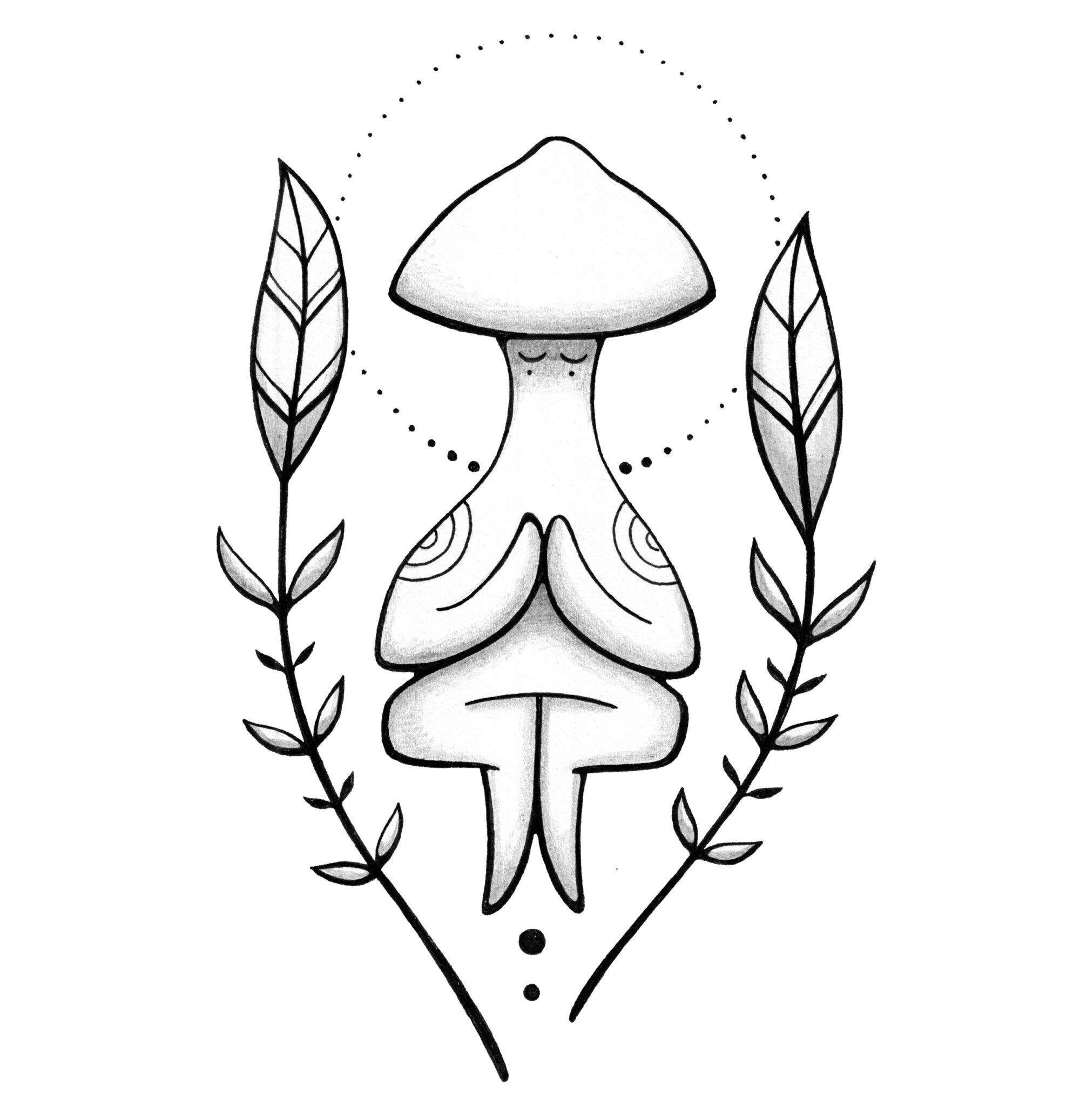Speaker: Liam James
About: In this presentation, Liam expands on his previous discussion on fungi, delving deeper into their medicinal properties, bioremediation potential, and their role in cellular biology. He explores how ancient medical traditions such as Ayurveda and Spagyrics align with modern scientific principles, particularly in the study of genetics, cellular function, and biochemical pathways.
Fungi are more than decomposers; they are architects of life, shaping ecosystems and human health in ways both seen and unseen. This talk will introduce the audience to key biological concepts, from the role of organelles in human cells to the striking parallels found in fungal cellular structures and metabolic processes. By examining natural antibiotics produced by fungi, Liam will highlight how these organisms disrupt bacterial biofilms, a concept now critical in the fight against antibiotic-resistant bacteria.
Additionally, the talk will explore regulatory bodies such as AHPRA, and also how TGA influences access to medicinal fungi and plant-based therapies. With increasing global interest in natural medicine, understanding the legal and scientific landscape is essential for those working with medicinal plants and fungi.
Building on his years of experience in ethnobotany and mycology, Liam will also touch on cultivation techniques, bioremediation strategies, and the importance of securing native fungal species for future generations. His insights bridge the past and the future, merging ancient knowledge with cutting-edge scientific advancements to reveal the profound impact of fungi on both personal and planetary health.
Whether you are a scientist, herbalist, or someone fascinated by the hidden world of fungi, this presentation will leave you with a new perspective on the interconnectedness of life, medicine, and the alchemical potential of nature.
Bio: Liam is a multidisciplinary researcher, mycologist, and student at Queensland University of Technology (QUT), majoring in biology with a minor in human health and disease. His journey into ethnobotany and medicinal fungi began in 2012, with a passion for collecting and studying plants from around the world. Over the past decade, he has explored the medicinal, recreational, and spiritual properties of various species, focusing on their biochemical interactions and traditional uses.
His curiosity led him to fungi in 2020, when he realized a gap in the availability of native Australian mushrooms for cultivation and research. Determined to bridge this gap, he began foraging and documenting native species, engaging with scientists and researchers to deepen his understanding. His work intersects fields such as biochemistry, genetics, permaculture, and mycoremediation, exploring how fungi can be harnessed for both human and environmental health.
Liam’s research extends beyond scientific inquiry, integrating ancient and modern frameworks of medicine and philosophy. He explores the parallels between Ayurveda, Spagyrics, and modern biochemistry, drawing connections between ancient cellular understandings and contemporary genetics.
With a strong foundation in permaculture, syntropic farming, Liam has cultivated practical experience in growing medicinal plants and mushrooms. His presentations aim to educate and inspire, bridging the gap between traditional wisdom and modern science to uncover the vast potential of fungi in medicine, sustainability, and the preseveration of native species.


